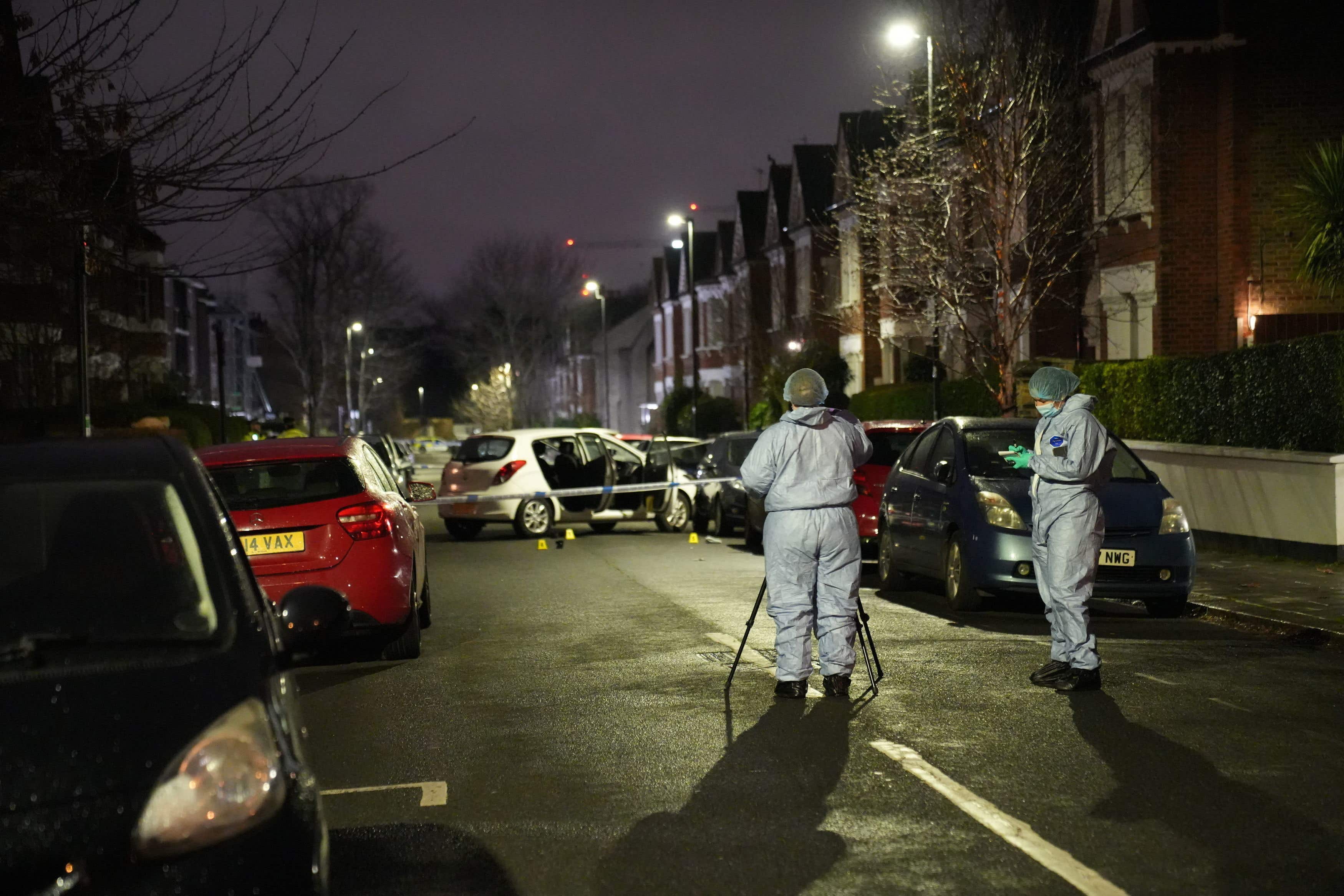We must not allow the Clapham attack to colour our view of migrants
Letters to the editor: our readers share their views. Please send your letters to letters@independent.co.uk

I read your recent editorial regarding events in Clapham with interest and agreement. I admit to being one of those who was concerned when I learned that the perpetrator of this horrendous crime had been granted asylum in this country. Because, as stated in your piece, I am against the idea that one malefactor should cloud everyone’s rational opinion about the thousands of other desperate men, women and children who come to this country seeking aid.
Of course, there are many questions about this case, and it needs to be looked at forensically so that the right lessons can be learned. But I completely agree with the provision of safe and legal routes, which would negate these dangerous and dire boat crossings, and bring order and sense to a system that is not working.
If the public could see reasonable and humane measures such as asylum seekers being assessed abroad, their sometimes intractable opinions about immigration may change substantially. But for the government, it is the Rwanda deportation scheme or the highway. As always, they are more interested in the problem than actual sane, compassionate and humane solutions.
Judith A Daniels
Norfolk
A third way?
Steve Mackinder says that people repelled by Labour permitting bankers’ bonuses to remain uncapped might continue to support the Tories.
May I suggest that a better course would be to vote for almost any other party than Labour or the Conservatives? If enough of us were to do that, the resulting hung parliament might succeed in instituting a democratic voting system.
Susan Alexander
South Gloucestershire
Starmer’s risk-averse strategy will not inspire the nation
I agree with Andrew Grice that Starmer’s cautious approach is in danger of damaging his prospects at the polls. In trying to please – or at least not offend – all sectors of the electorate, he may end up alienating those voters on whom his success depends.
The nation is in need of radical changes in many areas as a result of the disastrous Tory years. In order to effect long-term change, Labour needs a sustained period in government. To achieve this it needs a substantial majority that cannot be overturned after five short years. This may explain why Starmer is loath to throw caution to the wind and state a radical agenda for change that might frighten the naturally small “c” Conservative electorate.
It is imperative, however, that he inspires a tired nation with a vision for the future and a direction of travel – in respect to the economy, climate change, public services and so on – that will be taken once the financial mess left by the Tories has been stabilised. Above all else, he needs to show the electorate that he is not “just like all politicians” but a man of principle who puts the interests of the nation as a whole first; unlike those, in recent times, who have used their power and influence to secure outcomes for their own pecuniary ends.
Graham Powell
Cirencester
The solution to the climate crisis is taxation, not abolition
Greta Thunberg, as a successful activist, needs to think through the unintended consequences of her actions. The survival of seven billion people on the planet depends on a supply of energy. In the immediate future, hydrocarbons are a very important part of the supply of energy. Stopping production will not stop demand – it will push up prices.
A better (and long overdue) approach is a progressive carbon tax that, over time, predictably raises energy costs. Consumers will be incentivised to reduce their energy usage and there will be an incentive for developing alternative sources of energy. Whilst consumer prices of hydrocarbons will go up, producer prices will go down, thus reducing the production of them and the profits of producers. The difference will be tax revenues to governments that can be used to promote other sources of energy and energy saving – and ameliorate hardship. It should have started 20 years ago.
Jon Hawksley
London





Join our commenting forum
Join thought-provoking conversations, follow other Independent readers and see their replies
Comments